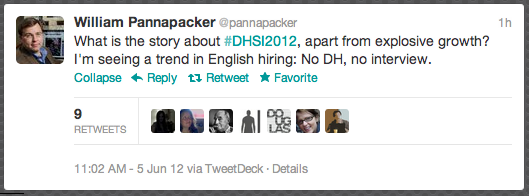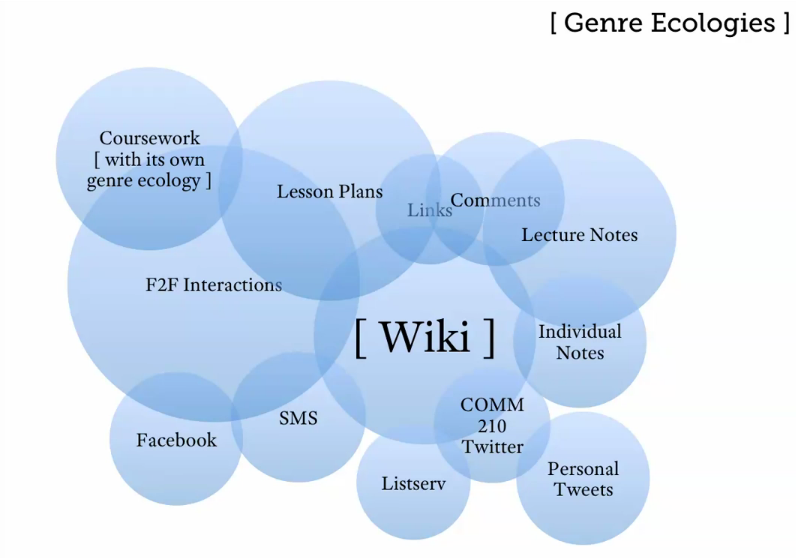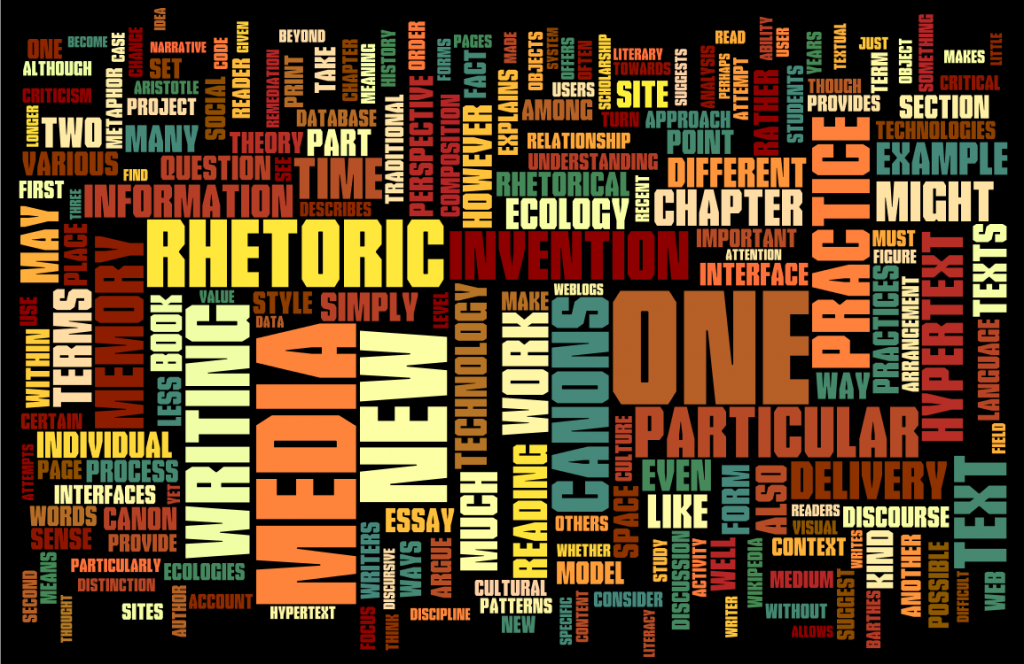Over the past few weeks, I’ve received a flurry of emails from apparently reputable sources, asking me to add them to my blogroll and/or link to their materials. Of course, they all referenced the blog that I haven’t updated in nearly 3 years, so that was my first clue. The second clue was the fact that they could have all been cut from the same “Dear Mr. %LastName%” cloth, although to be fair, they did all get it right that I was a boy. I didn’t think a whole lot of them, and after the second, it was obvious that there was a new form letter circulating, so I’ve been sending them straight to trash.
Yesterday, though, I saw a couple of articles that made me think more deeply about them. The first is a truly excellent piece by Dan Meyer, about how devious and abusive “education companies” are becoming. He marshals an impressive series of screen caps, and lays out the step-by-step process by which these companies, who offer “online education,” are basically trying to recruit us into marketing for them. They do this by creating “resource” pages, such as lists of top blogs, or top twitterers, or top tools, the kinds of pages that folks are fond of linking to, posting on Facebook or Twitter, etc., and then using the PageRank mojo generated that way to drive their search results.
The thing is, it’s flattering to be considered for lists like this. And it’s great to have …



